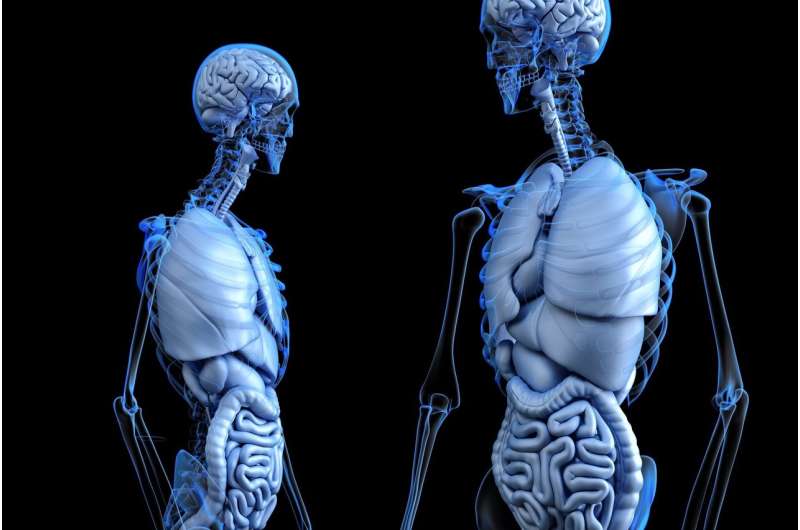Supreme Court To Hear Case on New Jersey Investigation into Anti-Abortion Clinics

The U.S. Supreme Court will review a case involving New Jersey's investigation into anti-abortion pregnancy centers and a subpoena for donor information, raising important First Amendment questions.
The United States Supreme Court is scheduled to hear a significant case in its upcoming session involving a nonprofit organization in New Jersey that operates anti-abortion pregnancy centers. The case centers around a dispute over a subpoena issued by the New Jersey Attorney General, Matthew Platkin, demanding the disclosure of nearly 5,000 donors' identities. This nonprofit, First Choice Women's Resource Centers, manages five clinics across the state and contends that the subpoena infringes on its First Amendment rights and those of its supporters. The group argues that revealing donor information would discourage people from financially supporting or expressing their views on their efforts.
First Choice emphasizes that it does not engage in misleading medical practices. The organization openly promotes its anti-abortion stance and provides services such as free pregnancy tests, ultrasounds, and counseling. However, Attorney General Platkin alleges the clinics may have used potentially deceptive or misleading medical information on their websites, prompting the investigation that led to the subpoena.
Critics often categorize these clinics as pregnancy crisis centers. They argue that these centers may resemble abortion clinics but are designed primarily to dissuade individuals from choosing abortion, often through misleading information. First Choice rejects these accusations, maintaining transparency about their anti-abortion position and services.
Legal proceedings initially took place in federal courts, with both a lower federal court and a federal appeals court ruling that the case should proceed through state courts first. Now, the Supreme Court's decision will determine whether federal courts have the authority to review cases involving subpoenas like this before enforcement by state courts.
First Choice warns that the subpoena, irrespective of its enforcement, creates a chilling effect on donors, potentially discouraging support for such organizations. They also highlight concerns over the increasing use of broad investigative powers by state attorneys general, which some argue could target political opponents.
Simultaneously, the Supreme Court has directed a New York court to reconsider a separate case involving religious groups seeking exemption from a state rule mandating abortion coverage in health insurance plans.
This case underscores ongoing legal debates over speech rights, privacy, and the regulation of pregnancy centers, reflecting the broader national discourse on reproductive health and rights.
For more details, visit the official Supreme Court docket: https://www.supremecourt.gov/docket/docketfiles/html/public/24-781.html.
Stay Updated with Mia's Feed
Get the latest health & wellness insights delivered straight to your inbox.
Related Articles
T Cells in the Healthy Brain: Unveiling a Gut-Fat-Brain Connection
New studies reveal that T cells naturally reside in the healthy brain, originating from the gut and fat tissue, highlighting a novel gut-fat-brain axis that influences brain function and health.
Effective Shift Planning Reduces Sick Leave in Healthcare and Other Sectors
Strategic shift scheduling can significantly reduce sickness absence among workers, especially in healthcare, by increasing employee influence and adhering to health-oriented regulations.
The Role of Gut Bacteria in Maintaining Digestive System Balance
Emerging research reveals that gut bacteria like Fusobacterium varium and Faecalibacterium prausnitzii interact to maintain microbial balance, influencing digestive health.
Research Reveals Up to 40-Year Delay in Lupus Diagnosis and Its Impact on Patients
A new study reveals that lupus diagnosis can take up to 40 years, highlighting the serious health impacts caused by diagnostic delays and the urgent need for improved awareness among clinicians.



